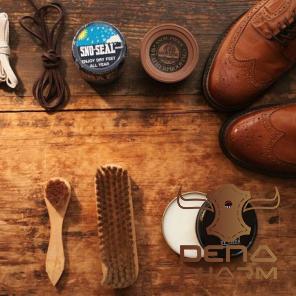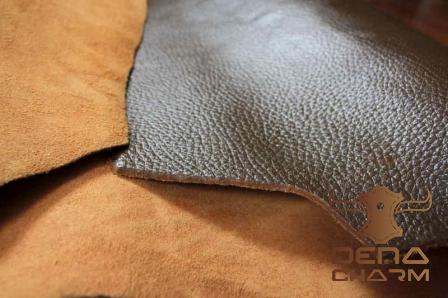An Alternative for Ethical and Eco-Friendly Pet Owners Introduction: As more people turn towards a plant-based lifestyle, the demand for vegan alternatives in various industries, including pet care, has skyrocketed. Vegan raw hide is an excellent example of this shift, providing an ethical and eco-friendly option for pet owners who seek cruelty-free products. In this article, we will explore the price of vegan raw hide, its features, and how to make it at home. Price of Vegan Raw Hide: When it comes to the price of vegan raw hide, it largely depends on the brand and the manufacturing process. Generally, vegan raw hide tends to be slightly more expensive than traditional rawhide made from animal hides. However, the price disparity is steadily decreasing as vegan alternatives become more accessible and demand continues to rise. While it might be tempting to opt for cheaper, conventional rawhide, it is important to remember the ethical and environmental implications associated with its production. Investing in vegan raw hide not only aligns with your values as a conscious consumer but it also ensures the welfare of animals and the planet as a whole. Features of Vegan Raw Hide: 1. Plant-Based Ingredients: Vegan raw hide is typically made from natural plant-based materials, often utilizing ingredients like sweet potatoes, tapioca, brown rice, and other grains. These ingredients are carefully selected to create a firm and chewy texture that satisfies your pet’s chewing instincts. 2. Chemical-Free and Allergen-Friendly: Unlike traditional rawhide, vegan alternatives are free from harmful chemicals, artificial additives, and preservatives. This makes them a safe option for pets with allergies or sensitivities to certain ingredients. Furthermore, vegan raw hide does not pose a choking hazard as it is easily digestible. 3. Sustainable Manufacturing Process: The production process of vegan raw hide is considerably more eco-friendly compared to its animal-derived counterpart. By utilizing plant-based ingredients, pet owners can contribute to reducing the environmental impact associated with animal agriculture and its byproducts. How to Make Vegan Raw Hide: If you prefer a hands-on approach and enjoy creating homemade treats for your furry companion, making vegan raw hide is a simple and rewarding process. Here’s a basic recipe to get you started: Ingredients: – 2 large sweet potatoes (alternatively, you can use other vegetables like carrots or pumpkin) – 1 cup of tapioca flour – 1 cup of brown rice flour Instructions: 1. Preheat your oven to 200°C (400°F) and line a baking sheet with parchment paper. 2. Wash and peel the sweet potatoes. Slice them into thin, long strips, resembling the shape of rawhide. 3. In a large bowl, combine the tapioca flour and brown rice flour. Toss the sweet potato strips in the flour mixture, ensuring they are evenly coated. 4. Arrange the coated sweet potato strips on the prepared baking sheet, leaving a small gap between them. 5. Bake for approximately 30-40 minutes, or until the strips become crispy and golden brown. Make sure to flip them halfway through the baking process to ensure even crispiness. 6. Once cooled, the homemade vegan raw hide is ready to be enjoyed by your pet. Conclusion: As conscious consumers continue to prioritize ethical and sustainable choices, vegan raw hide has emerged as an excellent alternative to traditional rawhide products. While the price of vegan raw hide may slightly exceed its animal-derived counterpart, the benefits it offers in terms of animal welfare, environmental sustainability, and allergen-friendly composition make it a worthy investment. By opting for vegan raw hide, pet owners can provide their furry friends with a safe, tasty, and guilt-free chewing experience. Furthermore, making vegan raw hide at home gives you the freedom to experiment with different flavors and ingredients, ensuring your pets have a personalized and nourishing treat. So, why not make the switch and be a part of the growing movement towards ethical and eco-friendly pet care?









